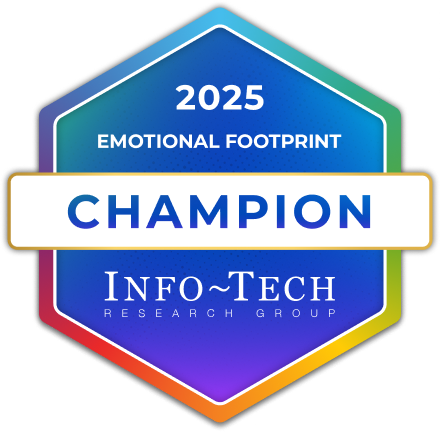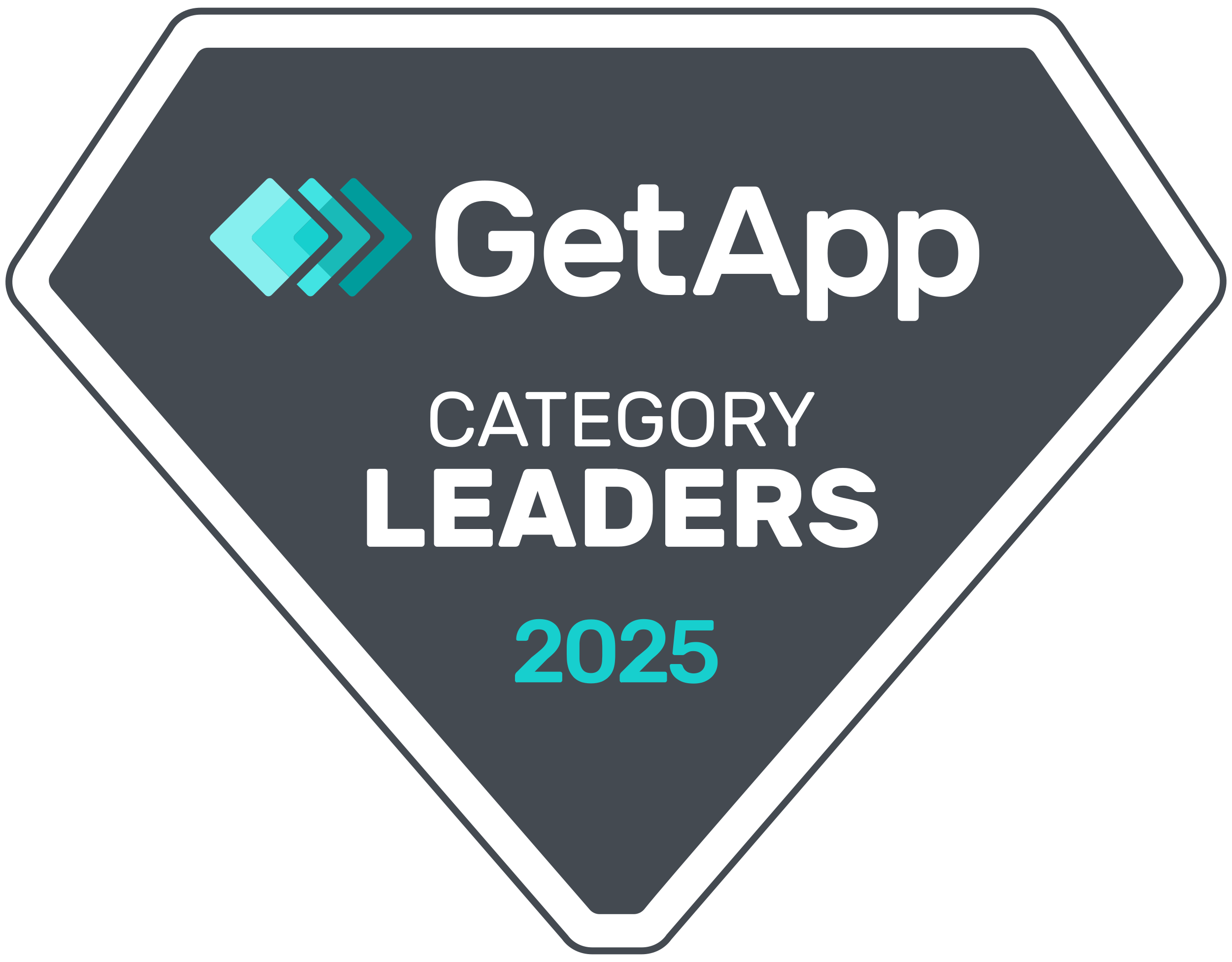The transformation of the public sector is marked by the ever-changing economic and technological landscape as well as the changes brought about by rapid globalization. In a report by McKinsey & Co., the researchers cite ten changes over the decade that have directly affected the public sector. Among the ten, some of the most prodigious changes are the shift in centers of economic activity, the increased interest in social equity, and the indisputable impact of technological advancements.
Given these changes, leaders in the public sector are faced with more complex problems, requiring them to make the right calls in the best and quickest ways possible.
In this article, we explore four mindsets that may help public sector leaders exercise both agility and adaptability to remain effective and productive in governing over the citizenry.
Complex problems require creative solutions
The challenges faced by the public sector are and will remain much more multiplex and intersectional than they have ever been. According to a UNDP report, design-thinking approaches can help governments assess situations using multiple perspectives. Through espousing a design-thinking approach to solve problems, public sector leaders are able to consider an array of potential solutions and come up with the best solution. Multiplex problems require solutions that are holistic and interconnected, and these can be unlocked through using a design-thinking approach.
A report published by Deloitte states that creative problem-solving involves collaborating with private and voluntary sectors. Thereby, it is necessary for the public sector to forge relationships with different organizations to create a dynamic mix of people working towards solving certain problems. In sum, creative problem-solving entails high levels of collaboration and a critical-minded openness to a variety of solutions.
Policies and decisions must be data-driven
The reality is that many policies and decisions made in the public sector are founded on a clear understanding of facts. As such, a report by Mckinsey & Co. cites that “government should transform the way they employ data in policymaking and management practice.” Being data-driven will allow the public sector to make more informed decisions as well as create a more systematic way of policymaking. In moving from an intuitive to a data-driven approach, key decision-makers from the public sector are able to champion evidence-led policies and data-backed service.
A book published by the OECD emphasizes how data-driven approaches can help governments keep up with the expectations of their citizenry as well as adapt to the digital age. The benefits of being data-driven also extends to more effective public spending and public service. As such, a data-driven approach not only streamlines decision-making and policymaking; it also can lead to much more effective public administration. In this sense, it goes beyond just being a mindset and renders itself as an actual strategy.
Interdependence is encouraged
The mounting complexity also implicates how governments are structured. In response to this, the Boston Consulting Group posits that public entities should be designed around clusters of citizen priorities. Through organizing entities into priority clusters, interdependence among the departments of the government is heightened. Leaders have to acknowledge that government departments can no longer work singlehandedly, as complex citizen priorities and problems have overlaps and linkages among various departments.
An example of departments that can be organized into a priority cluster are education and employment. As a cluster, this can be labeled as a human capital cluster. Another way to zoom in on priorities and encourage interdependency is through appointing certain individuals to respond to certain issues akin to how US presidents appoint czars.
Be open to, yet wary, of new technologies
The Deloitte Center for Government Insights propounds that governments should sense and respond to emerging technologies. Perhaps, the biggest and most disruptive changes the world is and will be witnessing are brought about by constant technological innovation. More and more governments are looking into starting smart cities as well as utilizing technological solutions to commonplace problems. With constant technological innovation, the public sector should be on the watch to see what can help them serve the citizens better.
Of course, new technology comes with new problems. One particular problem area is cybersecurity, which is an interesting problem for governments since they do not have complete jurisdiction over the cyber-world. On top of this, issues in cybersecurity are also highly transnational. Thereby, the public sector should put emphasis on cybersecurity to ensure that emerging technologies are working with and not against it.
The future of public sector leadership will bring about many changes and challenges for individuals, especially those in higher-level positions. As such, dynamic times call for dynamic leaders. In the face of more complex problems, public sector leaders are expected to be more rapid and flexible with their governance style. They should anticipate that they will be working in the context of change that is not only ongoing but also accelerating.
While this may seem overwhelming, this also presents an unprecedented opportunity for leaders in the public sector to show their commitment to serve the people. This should be a wake-up call for those working in the public sector, as their decisions and actions have significant impact above and beyond themselves.
—
Leaders within the public sector must be given the right tools to practice effective leadership for their organizations. Digital tools such as Convene, a board management software that optimizes and streamlines the board meeting process can be beneficial to improve the collaboration and decision-making of public sector leaders.
Audrey is a Content Marketing Specialist at Convene, in charge of managing the production of quality content on the company’s website. A communication major keen on marketing, Audrey has been constantly seeking approaches to create tailored content—may it be about governance, digitalization, boards, or meetings—fit for the stakeholders. When not strategizing on the next ebook to produce, Audrey finds solitude in reading make-you-ugly-cry novels and listening to self-improvement podcasts.










